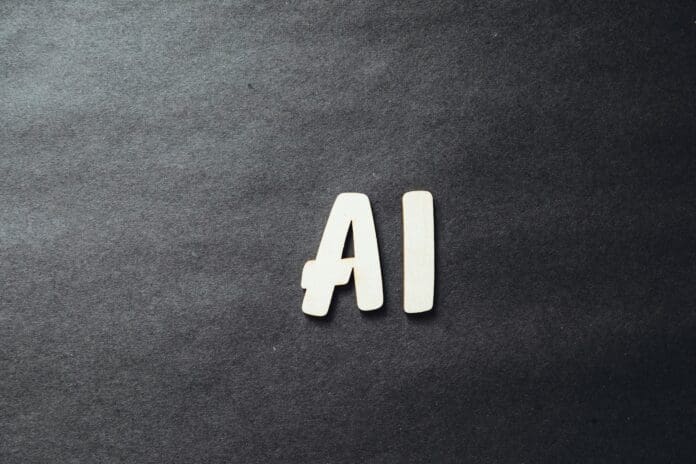This post is also available in:
 עברית (Hebrew)
עברית (Hebrew)
While the rise of artificial intelligence has sparked widespread concern about job displacement in the tech sector, new data suggests a more complex reality. According to the 2025 State of Tech Talent Report published by the Linux Foundation, AI is playing a significant role in expanding—not shrinking—the software development workforce.
The survey, which gathered input from over 550 professionals involved in hiring, training, and recruiting in IT, indicates that AI is more often associated with job creation than reduction. Roughly one-third of respondents reported that AI has led to an increase in software development roles, while only 8% observed a decrease. When considering overall organizational staffing, 33% said AI contributed to headcount growth, compared to just 12% who reported cuts.
This finding runs counter to the prevailing narrative that automation inevitably replaces human labor, particularly in high-tech sectors. Instead, AI appears to be enabling greater productivity and efficiency, prompting the need for more specialized technical staff to design, manage, and deploy intelligent systems.
However, the benefits are not evenly distributed. The same report highlights growing concern over the future of entry-level positions. Nearly a quarter of respondents noted that many junior-level responsibilities are now being handled by AI tools, with 18% saying entry-level job availability has declined as a result.
As companies shift focus toward high-impact roles in machine learning, data engineering, and automation infrastructure, early-career candidates are facing a shrinking window of opportunity.
As AI continues to reshape the tech industry, the challenge ahead will be ensuring that workforce development keeps pace with innovation. While demand for advanced technical roles is rising, the erosion of entry-level opportunities raises concerns about long-term career growth and accessibility for new talent. Addressing this imbalance—through updated training models, AI-literate education, and redefined pathways into tech—may prove just as important as the technology itself in shaping a sustainable digital future.

























